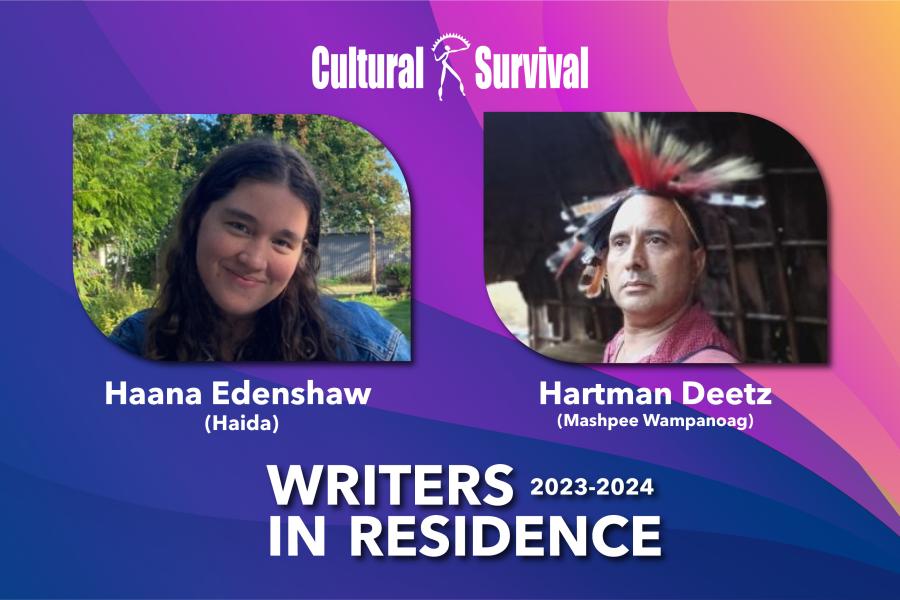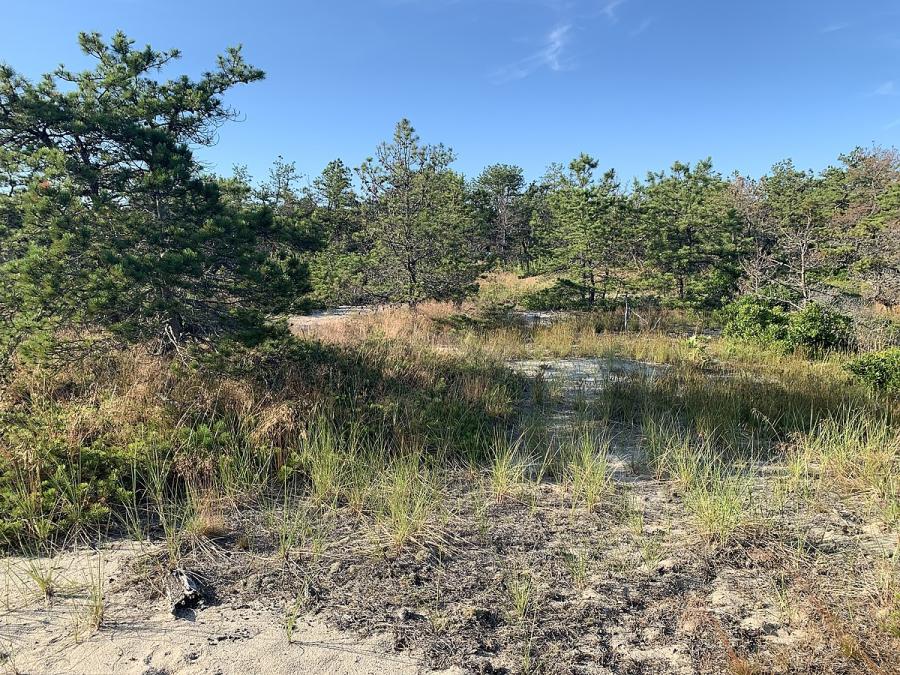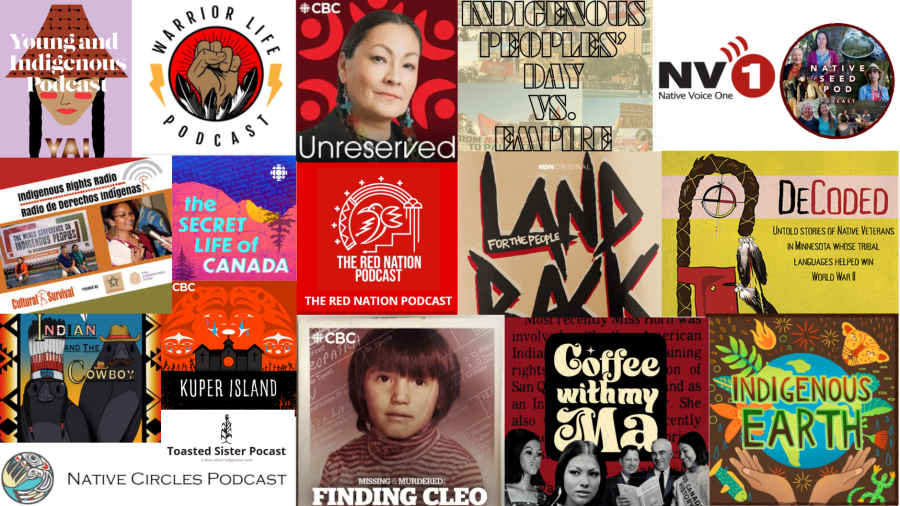As the second-largest private employer in Fairbanks, the nonprofit Tanana Chiefs Conference (TCC) must advocate on behalf of member tribes from a distance, while providing as much local control as possible for 42 Athabascan tribes in interior Alaska. Begun in 1962, it has been a political, economic, legal, and social advocate for its member tribes during a rapidly changing period in Native history. It is a unique organization because member tribes sculpt TCC on many fronts.
With an operating budget of $72.7 million and 1,151 employees1, TCC works to meet the needs of vastly different tribes from western Alaska to the Canadian border. Its 135 programs address health, social, employment, planning, development, subsistence, and other needs. TCC services include everything from assistance in tribal council management to providing dental and medical needs for the Natives of interior Alaska. TCC was founded as a result of the historical meetings which occurred in the early 1900s between the various ancestral leaders who gathered in Tanana, Alaska, to trade and resolve issues that were relevant to the times and region.
The board of directors is the ultimate governing body of TCC and includes 42 directors (one from each tribe) and three non-voting ex-officio members. The executive board of directors is the second governing body and consists of nine members and, starting this year, one ex-officio elder representative and one youth representative—a shift in focus for TCC.
Each of TCC’s six subregions has a director and support staff. There are also separate traditional councils and everyone tends to work together to meet community needs. Approximately 40 percent of TCC employees are rural village residents who work as tribal family youth specialists, village public safety officers, tribal workforce development specialists, tribal administrators, and community health aides, to name a few positions.
Decentralization
TCC’s member tribes, through the board, directed the organization to create a task force and a one-year plan for encouraging local control over federal dollars and activities. This decentralization is the backbone of many of TCC’s activities. TCC President Harold “Buddy” Brown from Huslia, Alaska, addresses this shift with utmost care for Athabascan people. He said TCC must “strike a balance between decentralization to have delivery of services locally [and] while increasing self-government efforts in a cooperative spirit through tribal and corporate planning. It makes business sense and builds unity for a strong advocating voice.”
TCC now faces the challenges of managing social and health services through Chief Andrew Isaac Health Center and strengthening its advocacy role at a statewide level, all while answering to member tribes who want to see more local control in the midst of changing times.
Meeting Our Goals
TCC has focused on a more efficient means of communication between departments and throughout the region. Chief Administrative Officer Robin Renfroe has pioneered monthly team management meetings for program managers and subregional directors who use them to pass vital information down the chain of command, express ideas for change and improvement, and present project updates.
The most innovative and commonsense approach to improving communication has been to encourage departments to look outside their walls and begin forging partnerships with other seemingly unrelated TCC departments. In this manner, TCC will maximize efficiency in travel, training, and overall success.
As a health and social services entity, TCC understands that many rural problems exist throughout the region. Cultural preservation and a strong economy are among two of the most resounding concerns for Athabascan people. To address these needs, TCC hosted a visioning conference in September 2002, aptly titled “Our Vision for the Future Through Our Children’s Eyes.” Every issue of social and economic well-being was identified and scheduled to be addressed by TCC. The topics included: traditional values, elders and youth, leadership development, tribal governance, justice, health, wellness, families and communities, economic development, natural resources, land, subsistence, language, and education and culture.
Several activities have taken place and are integrated in future planning to foster youth training and involvement in TCC. The Tribal Government Services Program coordinated a Tribal Youth Justice Conference on May 7 to May 8, 2003, in Anvik, Alaska, with youth representatives from Holy Cross, Shageluk, Anvik, and Grayling. Tribal government specialists Lisa Jaeger and Sue Hollingsworth incorporated topics on tribal youth courts at the village level, and consensus-building, as well as self-esteem workshops, mentoring, mock hearings, and sessions for sharing overall youth issues toward creative solutions. The conference was a cooperative effort between the local tribal councils and the two specialists from Fairbanks.
Promoting Wellness
TCC and the Alaska Federation of Natives (AFN) have offered communities the opportunity to draw up proposals for community wellness activities. AFN funded a five-year project for TCC to meet five objectives under the Wellness Program:
1. support villages’ policies on alcohol regulation,
2. enhance the Village Public Safety Office,
3. support restorative justice programs,
4. support sobriety efforts, and
5. support services/programs that result in the reduction of alcohol abuse and self-destructive behavior
All the villages received grants based on proposals that identified local priorities; two grant recipients were the villages of Alatna and Northway. Alatna’s Sharon Scott, Catherine Henzie, and Stella Hamilton, with help from several others, created activities that focused on positive influences for the village’s 30 residents. Special education teacher Greg Scott helped create the Spontaneous Early Education Development (SEED) program to prepare infants and toddlers for school. Amelia Edwards is the new educator for the SEED program and works with children for two hours daily, five days a week. This year SEED will celebrate the first graduates of the program, five-year-old Stephan Williams and five-year-old Sarah Henzie. Scott and others, through Alatna village, also started two Spirit Camps, a village garden, and bead-working/skin-sewing projects. These efforts united community members and focused on healthy ways of living while combating substance abuse that is rampant throughout Alaska.
Northway’s Daisy Northway and Christalina Sam also brought unique endeavors to their community. They proposed to use Wellness Program funding to document clan structure. During her presentation at the 2003 Annual TCC Convention, Northway said it was necessary to gain “knowledge of ourselves as people” in order for individual healing to begin. They organized a Culture Camp with the help of Cheryl Silas, and youth and elders taught drum-making, snowshoeing, songs, and campfire storytelling. These concepts are not new, but with the assistance of the Wellness Program, individual tribes were able to identify keys for success and cultural transmission.
Employment Services
The Athabascan Self-Sufficiency Assistance Partnership (ASAP) is a temporary assistance program for needy families. TCC’s Family Services, which oversees the project, just completed an amazing conference in May 2003 to build a network between employers and prospective employees. The Gila Conference (gila is the Deg Xenag Athabascan word for “let’s go”) is in its second year; more than 350 people attended the three-day workshop to prepare resumes, attend job fairs, and utilize experts in internet services. More than 70 employers were seeking potential employees at the job fair. An exceptional highlight of this year’s event was the incorporation of elders into every facet of the workshops on applying traditional beliefs and cultural understanding toward employment. Many of the elders offered advice on setting a family routine, using time wisely, ensuring family success, and preserving culture.
As a result of the first conference in 2002, 117 welfare-to-work attendees were employed. During several workshops, 75 participants received college credit for attending time- and stress-management forums and seminars in personal health and fitness, interview skills, job retention, and other related topics. The ASAP caseload has dramatically reduced as a result of these efforts, with the lowest number of cases occurring in mid-2002, just after the first conference.
Another critical focus among Alaska Natives is health care. To address the difficult logistics in rural living, TCC partnered with the U.S. Department of Defense, working with the Army, Army National Guard, Marine Corps, Navy, Air Force, Coast Guard, and Public Health Service to oversee an ambitious venture called Operation Arctic Care. Limited medical, dental, optometric, and veterinary care was provided in 26 villages by hundreds of military volunteers, who were flown into villages with supplies by military aircraft, many reaching several villages at a time. While gaining valuable field training, the volunteers provided health care to residents in 26 TCC villages and the Norton Sound area. Operation Arctic Care celebrated its eighth year in 2003 and looks forward to several successful trips next year.
Right Focus
TCC is constantly evolving to meet the needs of its member tribes. The surest way for this to happen is to identify needs at a local level.
With assistance from TCC, the village of Nulato acquired autonomy from TCC while strengthening local tribal government. “Nulato has pushed and pursued self-determination and self-governance and has relied on TCC for maximum cooperation and collaboration,” said Peter Demoski, Nulato’s tribal administrator. Together, Nulato and TCC developed a training schedule and employees received intensive training curricula focusing on tribal government, accounting, bookkeeping, personnel policies, budgeting, and Robert’s Rules of Order governmental procedure guidelines.
Even though today they are a self-directed village, Nulato relies on TCC for legal advocacy, certain family services, and health care. The legal assistance provided by TCC removes any risk of bias while assisting with domestic violence, child abuse, and child custody cases. Communication for these cases occurs by telephone, fax, and e-mail. Ultimately, Nulato residents fly into Fairbanks for custody hearings.
Several villages are autonomous, while others remain in a tight working relationship with TCC. The symbiotic relationship allows major functions like the Gila Conference to occur, unifying the entire region for one purpose. Yet TCC remains available for individual tribal needs through the attainment and allocation of federal dollars.
As TCC looks to the future, it will continue to improve services for member tribes. The hope is to see villages and their members succeed and achieve economic, social, and cultural success during a volatile point in our history; many programs within TCC will enhance efforts toward this goal. Like its people, TCC will steer a challenging course and adapt to maximize its role for the largest region in Alaska.
1. Data current as of 2002
Ginger Kennedy Placeres is the editor for the Council newsletter at Tanana Chiefs Conference. She is a Koyukon Athabascan Indian from Tanana and Beaver, Alaska. She has a six-year old son, Zedric, and lives in Fairbanks. Her parents are Marilyn and Earl Adams, and she has two younger brothers, Eric, 15, and Carl, 12. Ginger spends much of her free time doing beadwork, collecting it, and acquiring the history behind the tradition that her mother and grandmother taught her.



